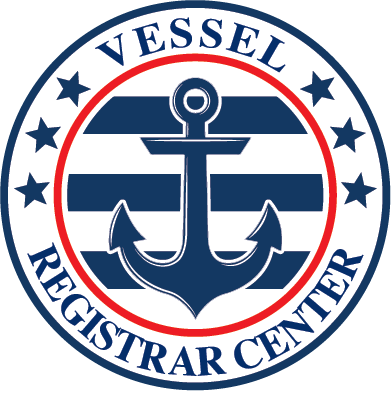Which kind of boating license do you need to get? The license you need might vary depending on the boat you have, the state you live in, and even the horsepower rating of your vessel. It is crucial to be aware of the type of boating license required of you if you own a vessel in the United States. There are many different licenses available, and each has its own set of conditions to fulfill.
In this article, we will discuss the many kinds of licenses available, as well as the requirements that must be met to receive each one. We hope that this information will assist make your time spent sailing more pleasurable and less dangerous. In the United States, one may get a boat license in various forms, each with specific rights and limitations. The following is an overview of some of the most frequent kinds of licenses:
Private Boat License
This license allows towing a 6-hp boat and using any state river. Personal watercraft (jet skis) with up to 25 horsepower may also utilize this area. To operate a vessel legally, you must first get the necessary license. This is preferable to a canoeing license if you want to carry people or travel great distances. You need to prove that you took and passed a boating safety course within the previous five years to acquire your Private Boat License. According to maine.gov, a valid driver’s license requires that you be at least 12 years old, with several exceptions for individuals less than that age. Any person under 18 who an adult accompanies with a valid license may do so, provided that the adult provides a certificate verifying their age.
Charter Boat License
The license required to operate a commercial charter boat is somewhat distinct from the licenses required for other types of vessels. It is necessary for anyone who wishes to captain their charter boat, and it is also essential for most workers employed on chartered commercial vessels. The training and testing requirements for the commercial boating license are far more rigorous than those for the non-commercial license. Therefore, the commercial license has a significantly greater cost.
This license allows you to charge for your services and to be compensated for taking care of all aspects of running your business, including marketing, booking reservations, keeping track of your customer base, and ensuring that your customers are happy. Remember that you can’t get your captain’s license (or any others) unless you have a boating safety certificate — it’s the first step in getting any license.
Commercial Fishing License
Those who make a living from fishing must get a commercial fishing license. State departments of natural resources are responsible for issuing and enforcing the necessary licenses (DNR). Each state has its own set of rules that applicants must meet to receive a commercial fishing license. These licenses are only valid for specific areas and fish species, such as salmon or lobster.
One may fish for commercial purposes in any state with a generic commercial fishing license. Outside of the two exceptions of Alaska and Maine, all states need commercial fishing permits. You must complete a training course at an approved institution to get this boating license. After taking this course, obtaining a commercial fishing license and then applying for a commercial fishing vessel registration permit is typically required in most states.
Captain’s License As One of The Boating License
The United States Coast Guard is the primary agency responsible for issuing captain’s licenses for vessels of more than 100 gross tonnes. Note, however, that a captain’s license is not mandatory for everyone who runs such a vessel; instead, it may be considered an alternative. There are two types of captain’s licenses, one for those operating vessels that carry at least six passengers for hire and another for those who use all other vessels.
Both require applicants to demonstrate knowledge of maritime law and navigation rules, emergency handling skills, and an understanding of the responsibilities and duties of a captain. The second needs either three years of experience as a merchant marine officer or as an officer in the United States Armed Forces or completion of a course in nautical science at a maritime school. Service in the U.S. Armed Forces while possessing a valid license or certificate from the U.S. Marine Corps. When these conditions are satisfied.
Pleasure Craft Operator Card
A Pleasure Craft Operator Card is something to consider if you’re a boater who wishes to see the globe from the water. Without this card, you cannot operate a vessel in U.S. waters unless accompanied by a licensed captain and crew. This certificate will allow you to operate any recreational watercraft under 16 feet in length unaccompanied. You may also be a licensed captain for vessels up to 65 feet long, but you can only use it while carrying people.
Applicants for a PCOC must be at least 12 years old and pass a written test; the license’s actual name is “uninspected passenger carrying the boating license,” or UPVC; however, many people just call it its “card” moniker. There are 46 multiple-choice questions on navigational norms and safe boating procedures in the written test. Those who make it beyond the written portion of the test will need to demonstrate their competence in a practical setting with a DNR examiner.
Which boating license do you need? The answer depends on your state, the type of watercraft you’ll be operating, and your age. Our representatives can help you determine your needs based on the state you’ll be in and the type of watercraft you’re using. We can tell you that any time you’re operating a recreational vessel in a state or local body of water, you must have the proper documentation for your boat. Call us today at 800-535-8570 for more information about which boating license you need.




